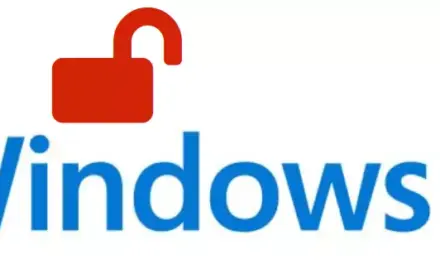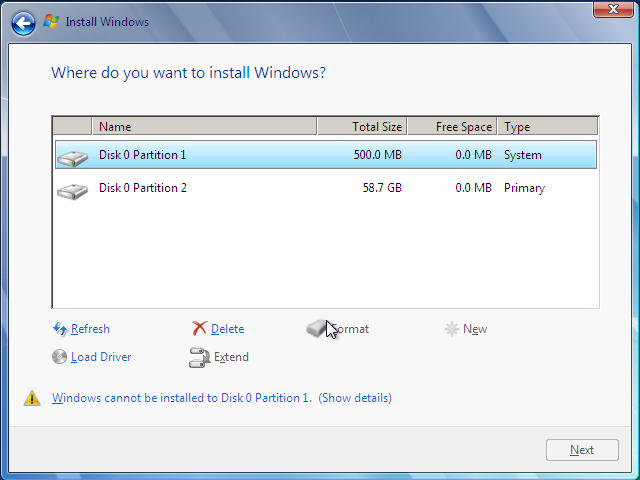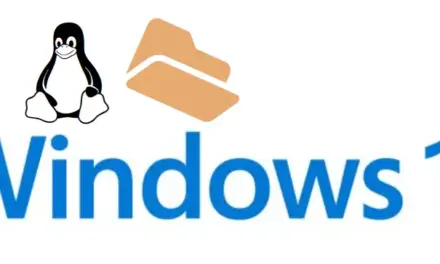In the GNU project, we use copyleft to protect these freedoms legally for everyone. But non-copylefted free software also exists. We believe there are important reasons why it is better to use copyleft, but if your program is non-copylefted free software, it is still basically ethical.
See Categories of Free Software for a description of how free software, copylefted software and other categories of software relate to each other.
Sometimes government export control regulations and trade sanctions can constrain your freedom to distribute copies of programs internationally. Software developers do not have the power to eliminate or override these restrictions, but what they can and must do is refuse to impose them as conditions of use of the program. In this way, the restrictions will not affect activities and people outside the jurisdictions of these governments. Thus, free software licenses must not require obedience to any export regulations as a condition of any of the essential freedoms.
Most free software licenses are based on copyright, and there are limits on what kinds of requirements can be imposed through copyright. If a copyright-based license respects freedom in the ways described above, it is unlikely to have some other sort of problem that we never anticipated (though this does happen occasionally). However, some free software licenses are based on contracts, and contracts can impose a much larger range of possible restrictions. That means there are many possible ways such a license could be unacceptably restrictive and non-free.
We can’t possibly list all the ways that might happen. If a contract-based license restricts the user in an unusual way that copyright-based licenses cannot, and which isn’t mentioned here as legitimate, we will have to think about it, and we will probably conclude it is non-free.
When talking about free software, it is best to avoid using terms like give away or for free, because those terms imply that the issue is about price, not freedom. Some common terms such as piracy embody opinions we hope you won’t endorse. See Confusing Words and Phrases that are Worth Avoiding for a discussion of these terms. We also have a list of translations of free software into various languages.
Finally, note that criteria such as those stated in this free software definition require careful thought for their interpretation. To decide whether a specific software license qualifies as a free software license, we judge it based on these criteria to determine whether it fits their spirit as well as the precise words. If a license includes unconscionable restrictions, we reject it, even if we did not anticipate the issue in these criteria. Sometimes a license requirement raises an issue that calls for extensive thought, including discussions with a lawyer, before we can decide if the requirement is acceptable. When we reach a conclusion about a new issue, we often update these criteria to make it easier to see why certain licenses do or don’t qualify.
If you are interested in whether a specific license qualifies as a free software license, see our list of licenses. If the license you are concerned with is not listed there, you can ask us about it by sending us email at
If you are contemplating writing a new license, please contact the FSF by writing to that address. The proliferation of different free software licenses means increased work for users in understanding the licenses; we may be able to help you find an existing Free Software license that meets your needs.
If that isn’t possible, if you really need a new license, with our help you can ensure that the license really is a Free Software license and avoid various practical problems.
Beyond Software
Software manuals must be free, for the same reasons that software must be free, and because the manuals are in effect part of the software.
The same arguments also make sense for other kinds of works of practical use — that is to say, works that embody useful knowledge, such as educational works and reference works. Wikipedia is the best known example.
Any kind of work can be free, and the definition of free software has been extended to a definition of free cultural works applicable to any kind of works.
Open Source?
Another group has started using the term open source to mean something close (but not identical) to free software. We prefer the term free software because, once you have heard that it refers to freedom rather than price, it calls to mind freedom. The word open never refers to freedom.







